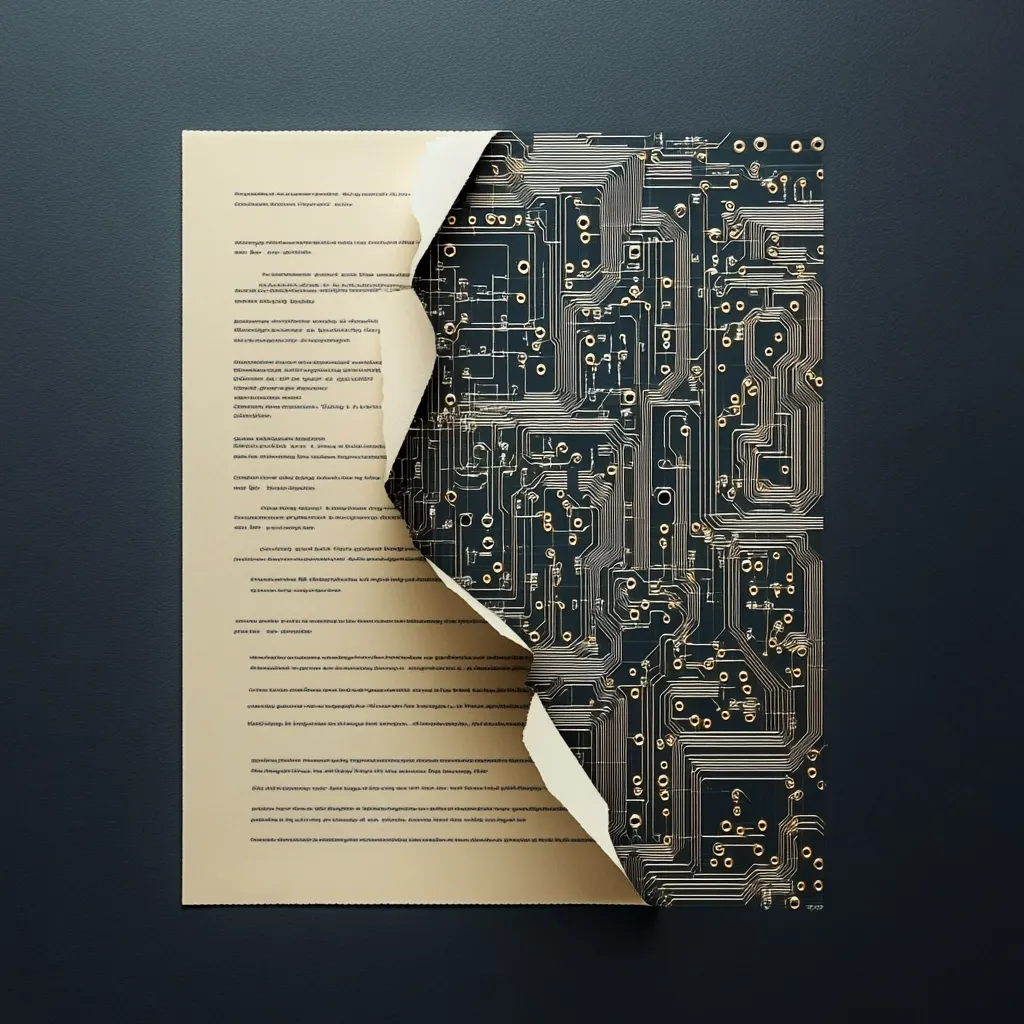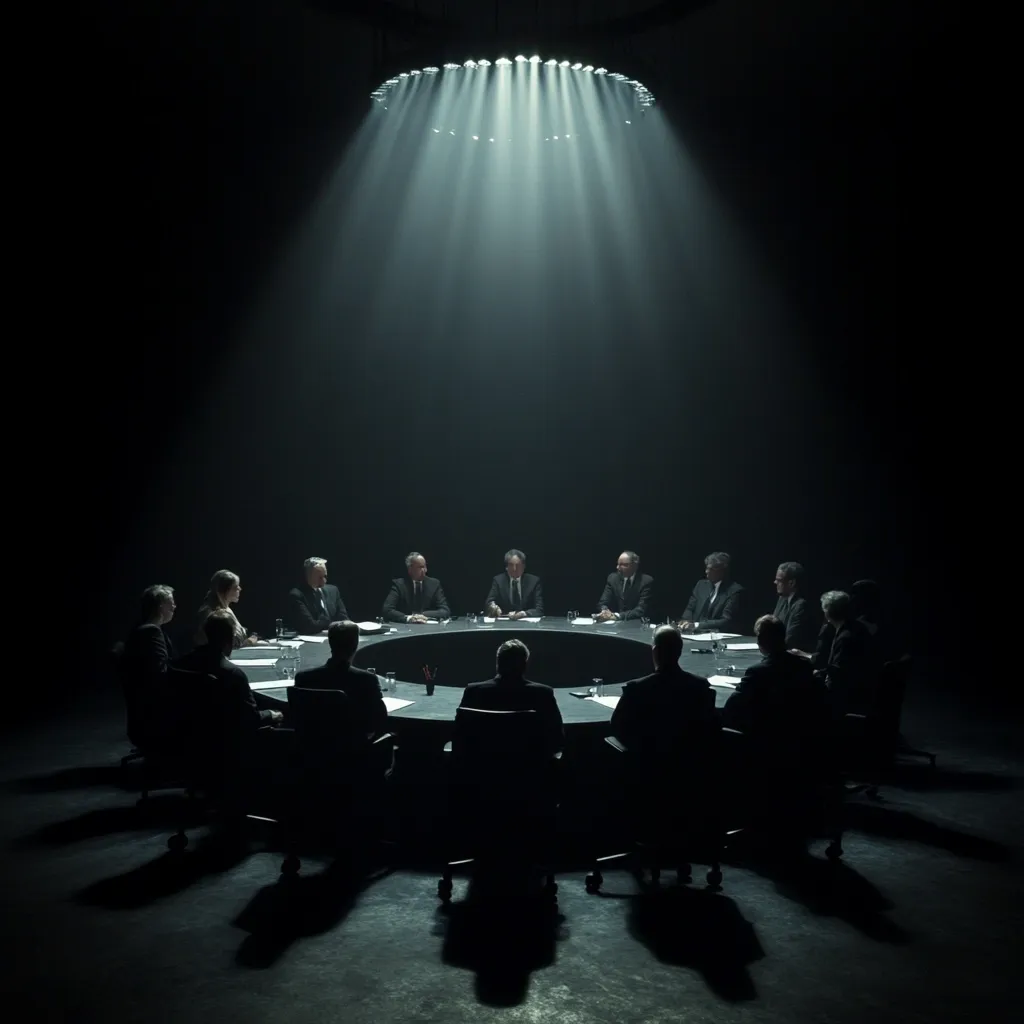The realm of equity and trusts often intersects with tort law, particularly through the doctrines ofknowing assistance and knowing receipt. These doctrines play a crucial role in addressing thewrongful conduct involving the misappropriation or misuse of trust assets. This blog post willprovide an overview of these torts, their legal foundation, and how they apply.
Knowing Assistance
Knowing assistance, often associated with the liability of third parties in breach of trust or fiduciaryduty, is a doctrine that holds a person liable for knowingly assisting in wrongdoing. This form...
Understanding Personal Injury Cases: What You Need to Know
Personal injury cases arise when an individual suffers harm due to the negligence or intentional actions of another party. These cases are legal disputes where the injured party, known as the plaintiff, seeks compensation for the damages they have endured, including physical injuries, emotional distress, and financial losses. Personal injury law covers a wide range of incidents, from car accidents to medical malpractice, and understanding your rights and the steps you need to take is crucial to protecting your interests.
What is a Personal Injury Case?
A personal injury case is a...
How Rogue Movers Will Rip You Off, and What the Law Has to Say About It
Overview of Moving Scams
What is a moving scam? They come in many different forms, and varying levels of sophistication. All versions of a moving scam have these things in common: the mover takes your stuff, holds it for ransom, and charges you an inflated price. If you refuse to pay, they threaten never to deliver your items. All of your sports memorabilia! Your collection of baby photos! Your wheelchair! The dining room table that’s been in your family for over 50 years! All gone if you don’t pay the scammer.
Local Moves
Some scams are for local moves, where the scammer will...
AI: A New Medium Requires New Law
The field of Artificial Intelligence (AI) has progressed rapidly in just the last five years. What once seemed little more than a novelty, with uncanny videos, abstract images and nonsensical paragraphs, has now transformed significantly. As both understanding of and interest in the AI sphere have increased, the rate of improvement has also accelerated dramatically. Whereas you would once have to wait upwards of 20 minutes to see an image vaguely representing your prompt, now, in under a minute, an AI can create an impressively high-fidelity interpretation of your prompt, be it realistic...
Piercing the Corporate Veil: Insights from a Recent Judgment and the Consumer Protection Act Piercing The Corporate Veil
Typically, shareholders and directors of a corporation are shielded from personal liability for the actions and debts of a corporation. However, there are certain situations in which the courts will “pierce the corporate veil,” rendering persons liable for corporate conduct.
A recent decision in The Plaintiff v. Sakellaris (SC-21-7298) illustrates how the Consumer Protection Act, 2002 (CPA) can be used to pierce the corporate veil and prevent an individual from using a corporate entity to shield themselves from liability for their unfair business practices.
...
When Do You Not Have to Pay an Employee
Employment contracts are a tricky business. We spoke in our recent blog about the importance of employment contracts, and how they’re instrumental in setting out the expectations for both employers and employees in the working relationship. For employers especially, they are meant to provide a sense of formality, and certainty.
They can also be minefields.
That’s because employment contracts are different from most other types of contracts. Yes, it is possible to draw up a simple contract between two friends on a bar cocktail napkin and turn it into a legally binding agreement...





